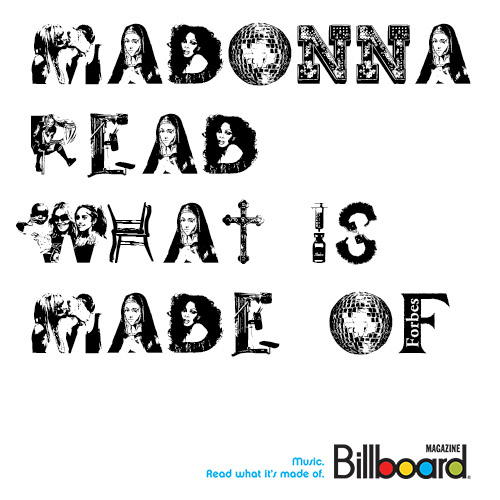
The world of music has always been a predominantly male territory. From the
renaissance composers to the first stars that emerged in the USA back when
the cultural industry in America was still taking shape, few women
experienced the fame and glory of spotlights and big stages then. One could
say this statement only reflects the sexist practices that guided social
relationships throughout the whole 19th century (and also in the beginning
of the 20th century). Nevertheless, women have gradually earned their
space in culture in the same way they did in the daily life of western
societies. Talent is genderless, and that is as absolute as the laws of physics.
In fact, talent has nothing to do with gender. Talent simply is.
When you look at the issue from an economic perspective, it seems
reasonably fair to state that the feminine presence in music is closely
related to the concentration of income in the hands of men, especially in
the post-war years. With the end of the conflicts, however, the
consumption society went through a deep paradigm shift that gave women a
second role as breadwinners. Now, they had to work in addition to taking
care of their homes. This fact has had a confirmed influence on gender
relationships and has led to a major revolution in the Anglo-Saxon and, later,
the Latin status quo. This new world where women are finally accepted in
the same roles as men was the perfect place for the blooming of what some
authors refer to as the "Spring of Athena", a clear reference to the ultimate
incursion of the female gender into the very core of the music and
entertainment industry.
If music production in this new world could be compared to a fertile garden,
then one of its most beautiful flowers certainly has catholic petals and pagan
thorns. We're talking about an Italian-American girl who forged her temper
and character in New York City clubs and spread her music (or perhaps we
should say perfume?) like the wind spreads the aroma of a new day.

